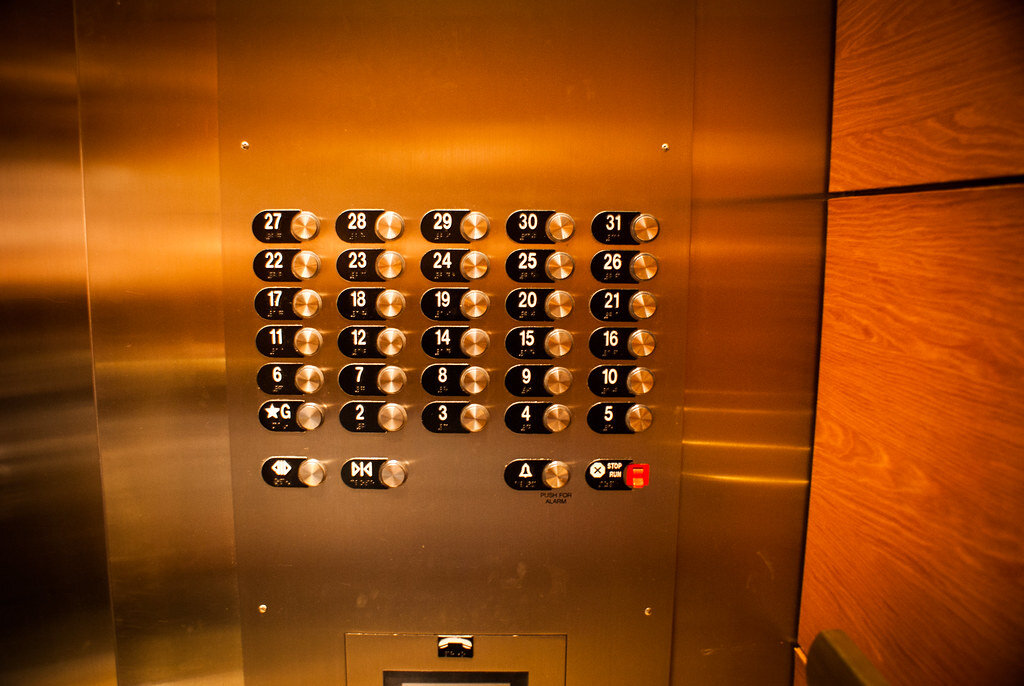How COVID-19 is changing the way we work
When I first heard the news of a dangerous new virus emerging out of China I was, of all places, on a cruise ship. At the time I didn’t register that this was going to be way, way more serious than SARS or swine flu. To be fair, few people did.
Fast forward a couple of months and WHO has declared COVID-19 to be a global pandemic, international (and most domestic) air travel has shut down in Australia, and many of us find ourselves working – and even educating our children – from home as the world grapples with the worst health and economic crisis for a century. Not to mention the fact that no one will be going on a cruise ship holiday any time soon.
COVID-19 has caused massive disruption to our lives but, fortunately, not all of it has been bad. While home schooling was tough for children and parents alike, it has opened up possibilities for how technology can be used more effectively in education. It has also probably given many parents greater appreciation of the work done every day by our schoolteachers.
Many of us will know the fatigue that comes with spending a day at Zoom meetings in the spare room or corner of the house. However, by being forced to work from home, we have seen that many jobs don’t require us to be in the office 5 days a week. I suspect we won’t be travelling nearly as much for work either – how many people will still be expected to fly between cities for a single meeting that could be conducted online instead?
The pandemic has accelerated work trends that might have otherwise taken years to become common practice. Fortuitously, many of the technologies required to make this possible have matured at just the right time, including the availability of broadband internet and powerful portable computers combined with ubiquitous teleconferencing applications like Zoom, Google Meet and Microsoft Teams.
COVID-19 has also revealed that some of the most vulnerable members of our community are also the most exposed. Whether it is the elderly in our nursing homes or the people in insecure employment with the lowest paid jobs in our economy, we have learnt that failing to provide adequate safeguards for these people not only puts them at risk, it also exposes the entire community to danger.
Hopefully we can take these lessons on board and come out of COVID-19 a more compassionate, resilient and ultimately fairer society.

